The Diplomat's Dilemma: A Trump-Appointed Envoy Accused of Shielding El Salvador's President from Law Enforcement
In the sweltering heat of El Salvador's capital, San Salvador, a quiet drama unfolded behind closed doors. Ronald D. Johnson, the U.S. Ambassador appointed by former President Donald Trump, was accused of shielding his host, President Nayib Bukele, from law enforcement agencies in both countries. A previously undisclosed State Department report and interviews with sources reveal a complex web of allegations that raise questions about the role of diplomats in promoting democratic values abroad.
As the sun set over the city, casting a golden glow over the bustling streets, Johnson's actions would have far-reaching consequences for U.S.-El Salvador relations and the rule of law in Central America. At the center of the controversy is Bukele, a charismatic leader who has been accused of authoritarian tendencies and human rights abuses.
The story begins with a seemingly innocuous request from Bukele to Johnson: to dismiss an embassy contractor who was assisting U.S. agents investigating top aides of the Salvadoran president. The contractor, according to sources, had uncovered evidence of corruption and embezzlement within Bukele's administration. But instead of supporting the investigation, Johnson allegedly intervened on behalf of his host, effectively shielding Bukele from accountability.
This incident is just one thread in a larger tapestry of allegations against Johnson and the Trump administration's handling of U.S.-El Salvador relations. Another key player in this drama is the CIA Station Chief, who was dismissed by Biden's envoy to El Salvador amid allegations that he was too close to Bukele. This move has sparked concerns about the politicization of intelligence gathering and the potential for diplomatic interference.
The relationship between Johnson and Bukele is a crucial aspect of this story. The two men had developed a close friendship, with Johnson playing a key role in raising Bukele's profile among Republicans. This rapport paved the way for a deal to deport immigrants to a Salvadoran megaprison, a move that has been widely criticized by human rights groups.
As we delve deeper into the world of U.S.-El Salvador diplomacy, it becomes clear that Johnson's actions were not isolated incidents. Rather, they reflect a broader pattern of behavior that has raised concerns among lawmakers and diplomats alike. "The ambassador's role is to promote American interests and values abroad," said one congressional aide, who spoke on condition of anonymity. "But when he starts shielding corrupt leaders from accountability, it undermines the very principles we're trying to uphold."
Multiple sources within the State Department confirm that Johnson's actions were not in line with U.S. policy or diplomatic protocol. "The ambassador was seen as a personal friend of Bukele's, and his loyalty was questioned," said one senior diplomat, who wished to remain anonymous. "It created tension among embassy staff and raised concerns about the integrity of our mission."
As we explore this complex story, it becomes clear that there are no easy answers or villains. Johnson's actions were likely driven by a mix of personal and professional motivations, including his close friendship with Bukele and his desire to promote U.S.-El Salvador relations.
The consequences of Johnson's actions, however, are far-reaching. The allegations have sparked an investigation by the State Department's Inspector General, which could lead to further revelations about the Trump administration's handling of U.S.-El Salvador relations.
As we reflect on this story, it is clear that the role of diplomats in promoting democratic values abroad is more critical than ever. "Diplomats are not just representatives of their countries; they are also guardians of our values and principles," said a State Department spokesperson. "When they fail to uphold these standards, it undermines trust and credibility on both sides."
In the end, this story raises important questions about the impact of diplomacy on U.S.-El Salvador relations and the rule of law in Central America. As we navigate the complexities of international relations, one thing is clear: the actions of diplomats like Ronald D. Johnson have real-world consequences that can shape the course of history.
Sources:
A previously undisclosed State Department report
Interviews with sources within the State Department and embassy staff
Congressional aide (on condition of anonymity)
Senior diplomat (on condition of anonymity)
Note: This article is based on a ProPublica investigation, which can be accessed at [link].
*Based on reporting by Propublica.*
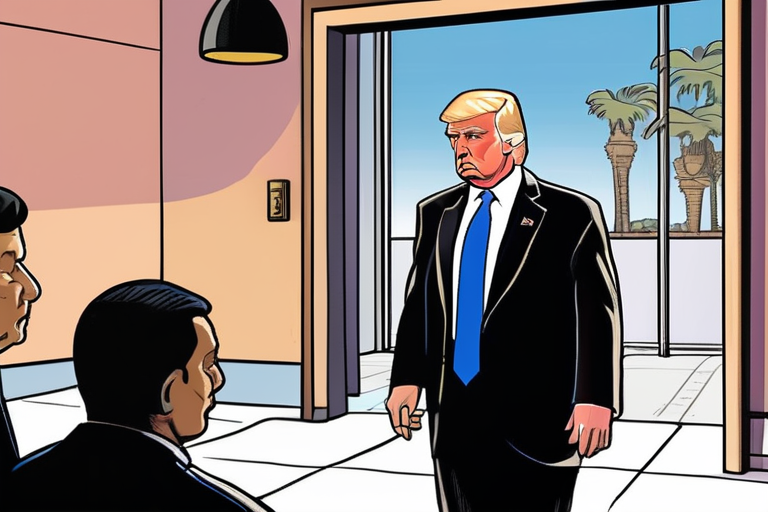

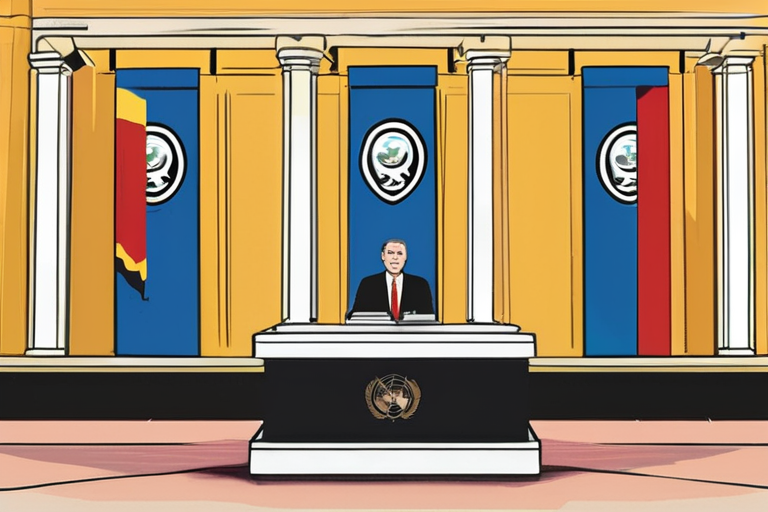
 Hoppi
Hoppi
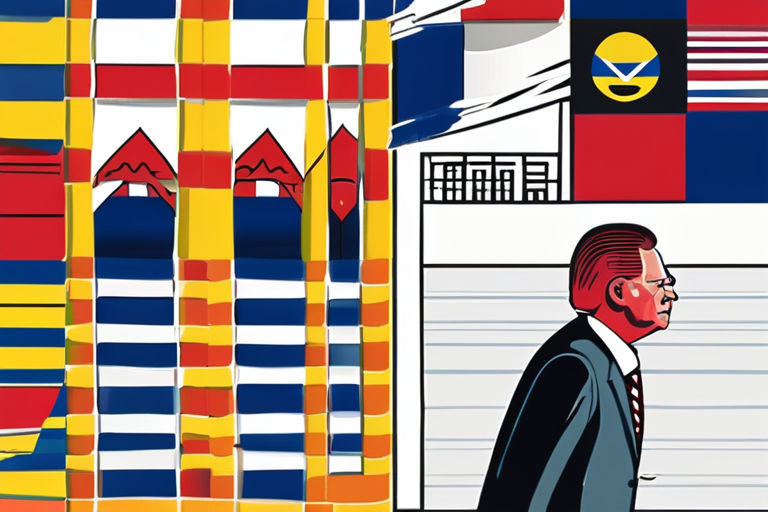
 Hoppi
Hoppi
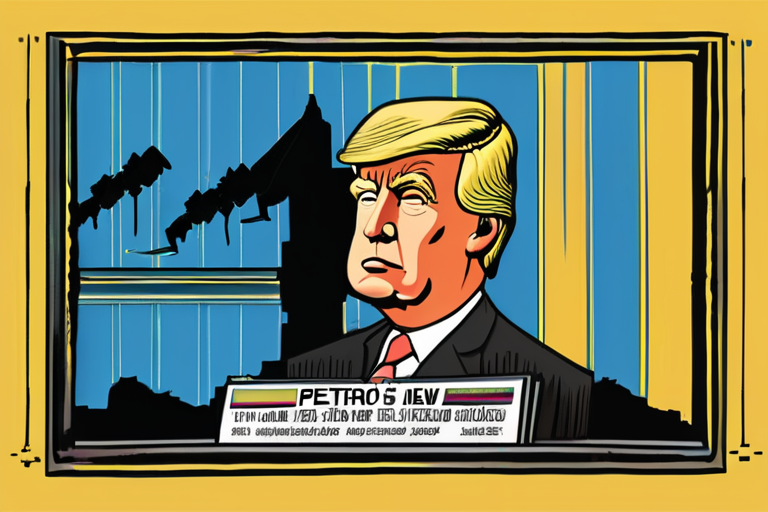
 Hoppi
Hoppi
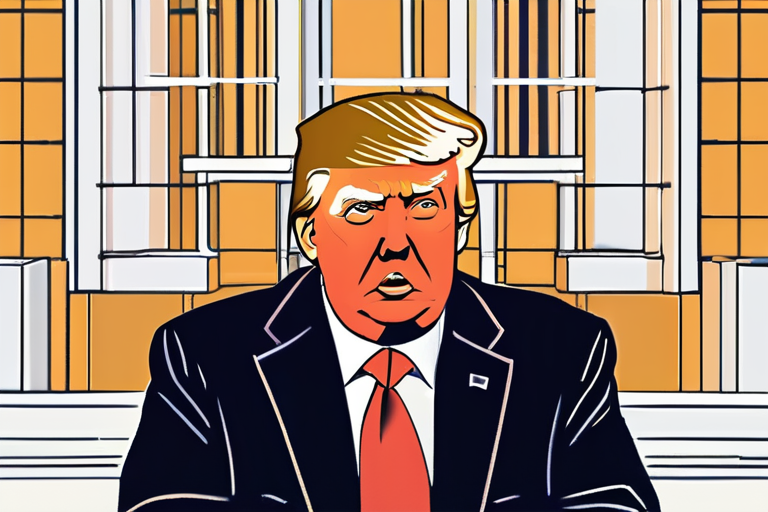
 Hoppi
Hoppi
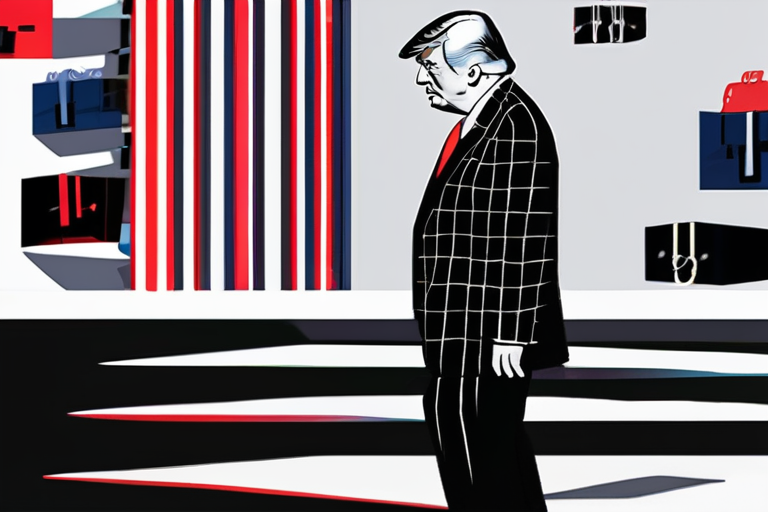
 Hoppi
Hoppi
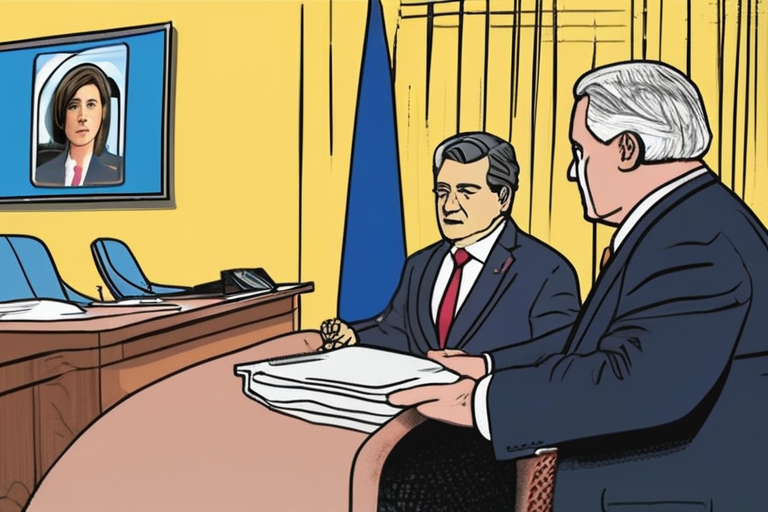
 Hoppi
Hoppi











